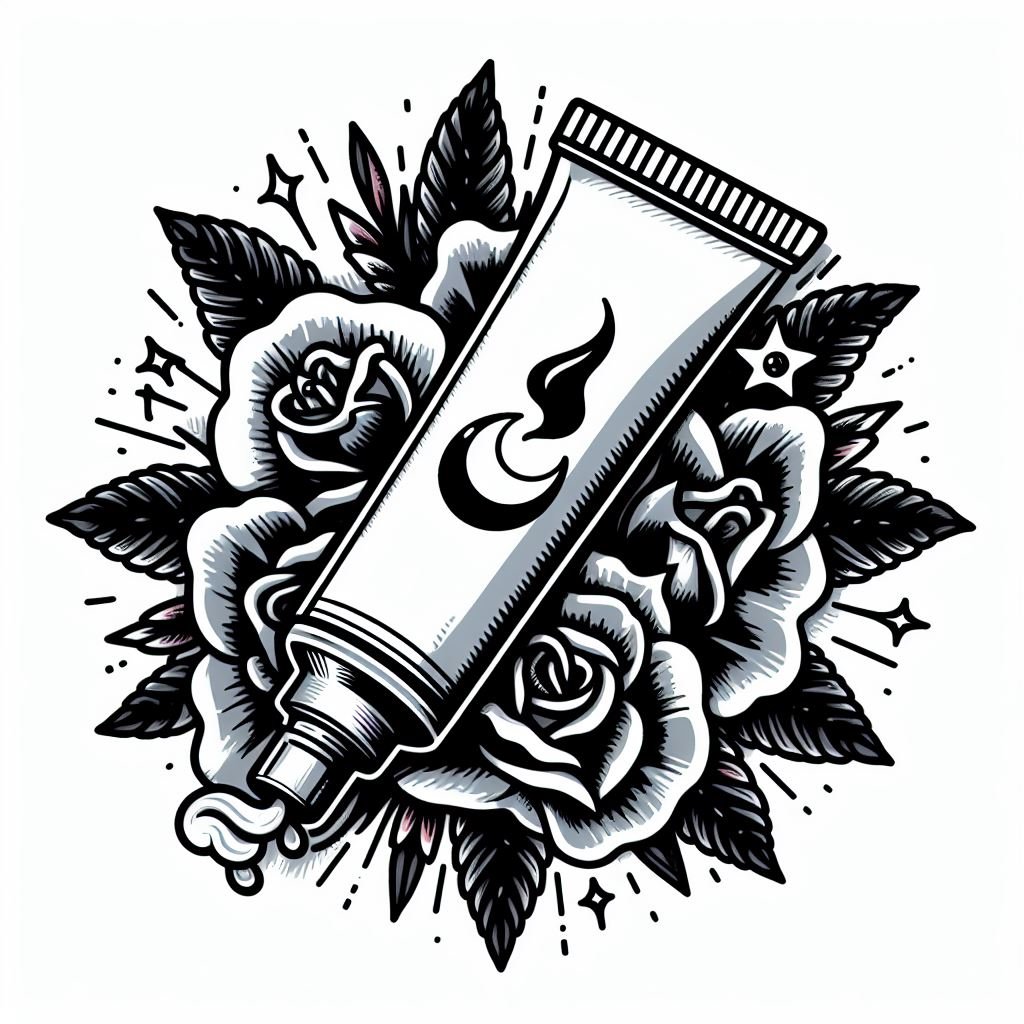The numbing cream debate…
In the realm of body art, tattoos stand as a timeless expression of individuality and creativity. But behind the vibrant inks and intricate designs lies a process that often involves discomfort or pain. To alleviate this sensation, many individuals turn to numbing creams, seeking a more comfortable tattooing experience. Worryingly, a recent report by the U.S. Food and Drug Administration (FDA) has brought to light potential risks associated with these products, prompting a closer examination of their safety and usage.
Tattoo numbing creams, also known as topical anaesthetics, contain ingredients like lidocaine, tetracaine, and benzocaine, which work by blocking nerve signals in the skin, thereby reducing pain sensations. While these creams have been widely used by both tattoo artists and clients for years, concerns regarding their safety have persisted within the medical community. The recent FDA report sheds light on these concerns, highlighting several key issues that consumers and practitioners should be aware of.
One of the primary concerns raised by the FDA is the potential for serious adverse reactions to tattoo numbing creams, including allergic reactions, skin irritation, and even systemic toxicity. These adverse effects can vary in severity, with some individuals experiencing mild symptoms such as redness and itching, while others may suffer more serious consequences such as blistering, swelling, or difficulty breathing. In rare cases, topical anesthetics can lead to life-threatening complications, especially when used inappropriately or in excessive amounts.
The FDA report also underscores the importance of using tattoo numbing creams according to the manufacturer's instructions and under the supervision of a qualified healthcare professional. Improper application or misuse of these products can significantly increase the risk of adverse reactions, highlighting the need for proper education and guidance within the tattooing community. Additionally, individuals with pre-existing medical conditions or allergies should exercise caution when considering the use of numbing creams and consult with their healthcare provider beforehand.
Furthermore, the FDA report emphasizes the importance of purchasing tattoo numbing creams from reputable sources and avoiding unregulated or counterfeit products. Counterfeit numbing creams may contain harmful ingredients or incorrect concentrations of active substances, posing significant health risks to consumers. By purchasing from trusted suppliers and verifying the authenticity of products, individuals can reduce their risk of encountering dangerous or substandard products.
At True Love tattoos, we leave it up to you as the client to make the decision about using numbing agents, and do not provide any creams within the studio. We also only recommend purchasing EMLA from your local pharmacy as this is the only cream we are aware of that is safely available to you via a pharmacist. If you choose to use any other numbing product then that would be your own choice.
Many clients ask about numbing creams and the use of these in the tattoo process, and others purchase creams and come to the studio with them already applied. Most of the time there are no issues, but occasionally we see reactions such as extreme redness, and rarely we have heard about skin irritation burning. We never provide numbing creams to the clients and can only advise on the one cream that is commercially available from the pharmacy - EMLA. Numbing creams can sometimes cause skin to not take the ink as well as normal which can result in washed out or dull colours, or irregular healing. We would always recommend not using these creams if at all possible.

